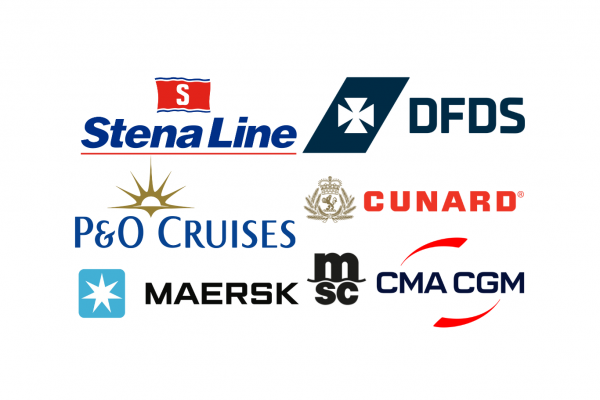In maritime training in the United Kingdom, two primary pathways beckon those keen to embark on a career at sea: apprenticeships and cadetships in the Merchant Navy. While both avenues offer robust training and a gateway into the maritime industry, they are distinct in structure, duration, and outcomes. This article delineates these differences, aiding aspiring seafarers in making an informed choice.
Definition and Scope
Apprenticeships
Apprenticeships in the Merchant Navy are vocational training programmes combining on-the-job training with classroom learning. They are designed for individuals seeking to learn a trade within the maritime sector, such as becoming a marine engineer or a deck rating. Apprentices are employed from the start, earning a salary while they learn.
Cadetships
Cadetships, on the other hand, are more academically inclined. They are structured training programmes that lead to a professional qualification and a career as a deck, engineering, or electro-technical officer. Cadets undergo theoretical learning and practical training, often with a significant portion spent at sea.
Duration and Qualifications
Apprenticeships
The duration of apprenticeships varies, typically lasting between 12 to 24 months. Successful completion of an apprenticeship leads to a recognised qualification such as an NVQ (National Vocational Qualification) or a diploma, pertinent to a specific maritime role.
Cadetships
Cadetships are generally longer, usually spanning between three to four years. They culminate in a higher-level qualification, such as a foundation degree, HND (Higher National Diploma), or a bachelor’s degree in a maritime-related field. This is often accompanied by a professional certification from the Maritime and Coastguard Agency (MCA).
Entry Requirements and Progression
Apprenticeships
Entry requirements for apprenticeships are typically more flexible, often requiring GCSEs or equivalent. They are suitable for those who prefer a more hands-on approach to learning and career progression. Upon completion, apprentices can pursue further qualifications or career advancement within their specialised trade.
Cadetships
Cadetships have more stringent entry requirements, usually including A-levels or equivalent, with a focus on subjects like mathematics and physics. They are ideal for individuals aiming for officer-level positions. Post-completion, cadets are well-placed to ascend to higher ranks within the Merchant Navy.
Funding and Support
Apprenticeships
Funding for apprenticeships is often provided by employers, with additional support from government schemes. Apprentices earn a salary throughout their training, which helps offset educational costs.
Cadetships
Cadetships may be funded or sponsored by shipping companies, which often cover tuition fees and provide a stipend. Sponsorship can lead to employment opportunities with the sponsoring company upon qualification.
Conclusion
Choosing between an apprenticeship and a cadetship in the Merchant Navy depends on the individual’s career aspirations, educational background, and preferred learning style. While apprenticeships offer a direct, hands-on approach to skilled trades within the maritime sector, cadetships provide a more academic route leading to officer-level positions. Both paths are vital to sustaining the UK’s maritime workforce, offering rewarding careers in the diverse and dynamic world of the Merchant Navy.




